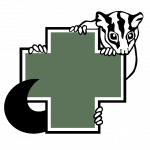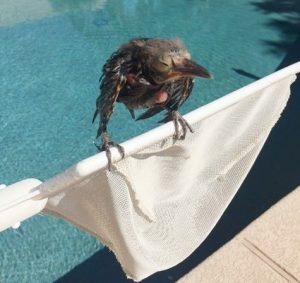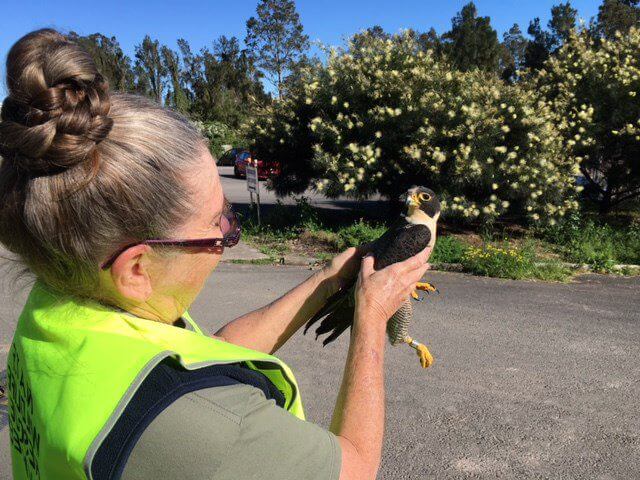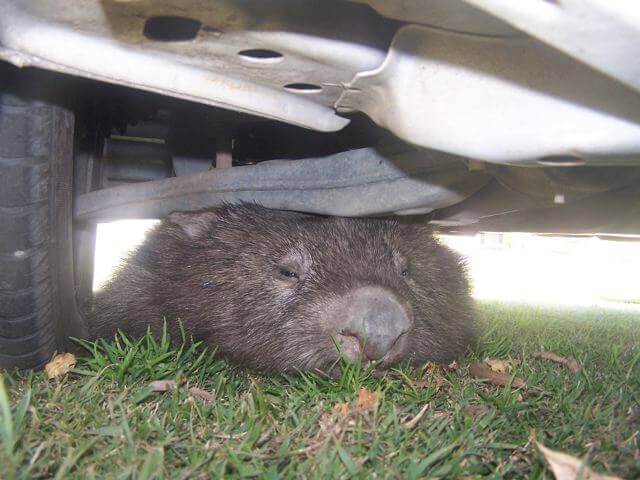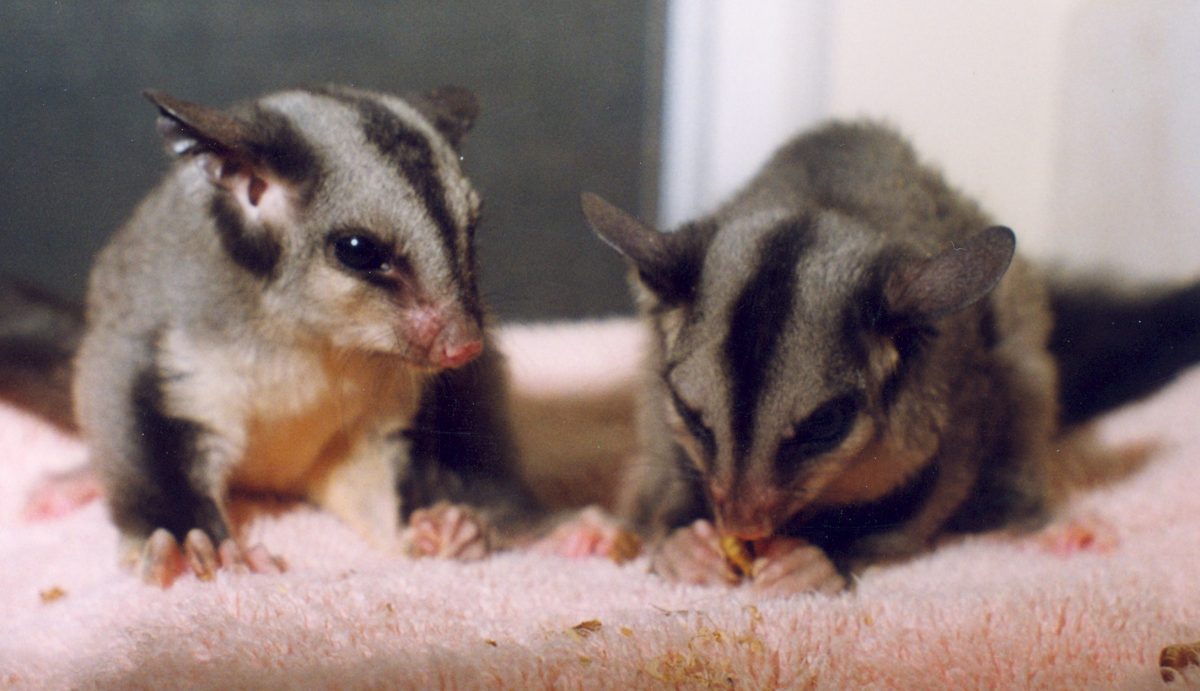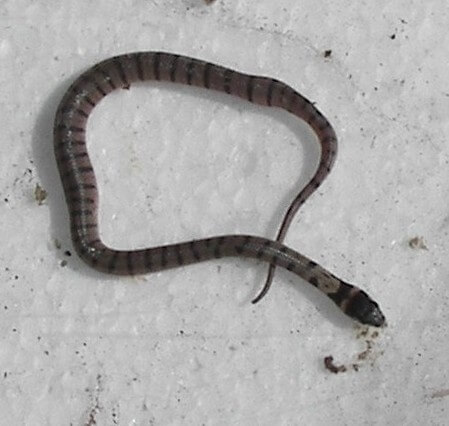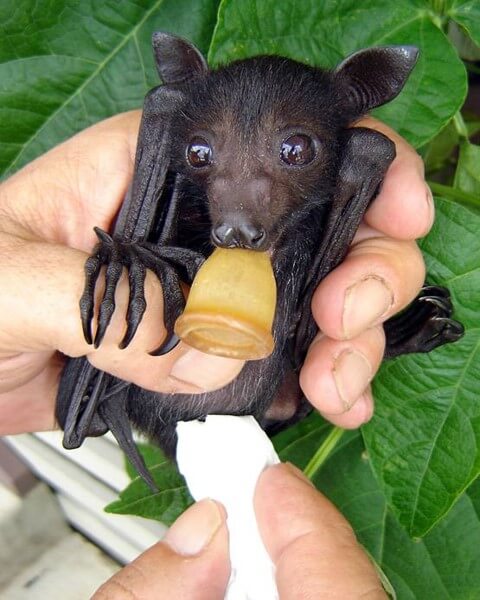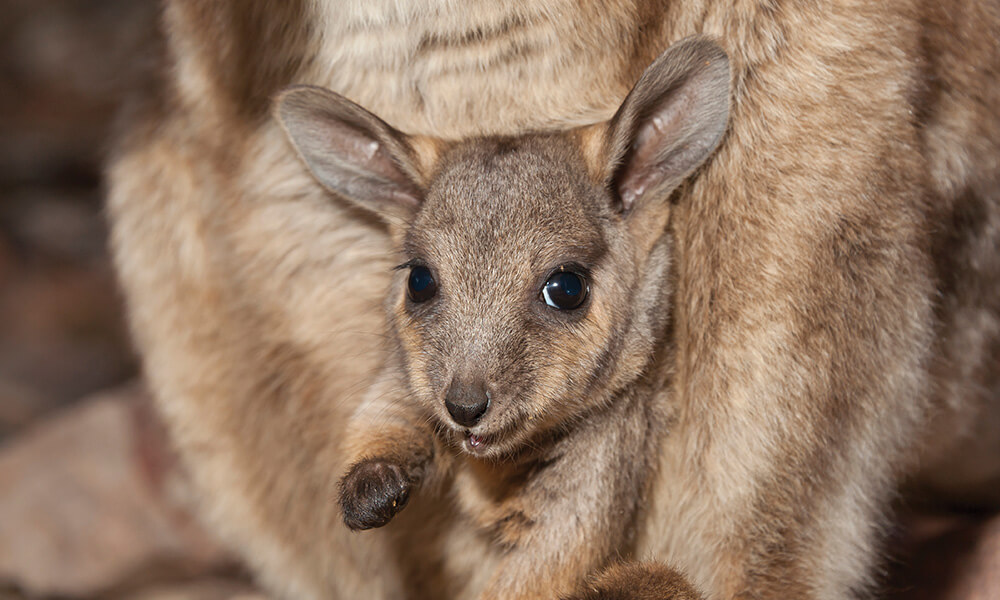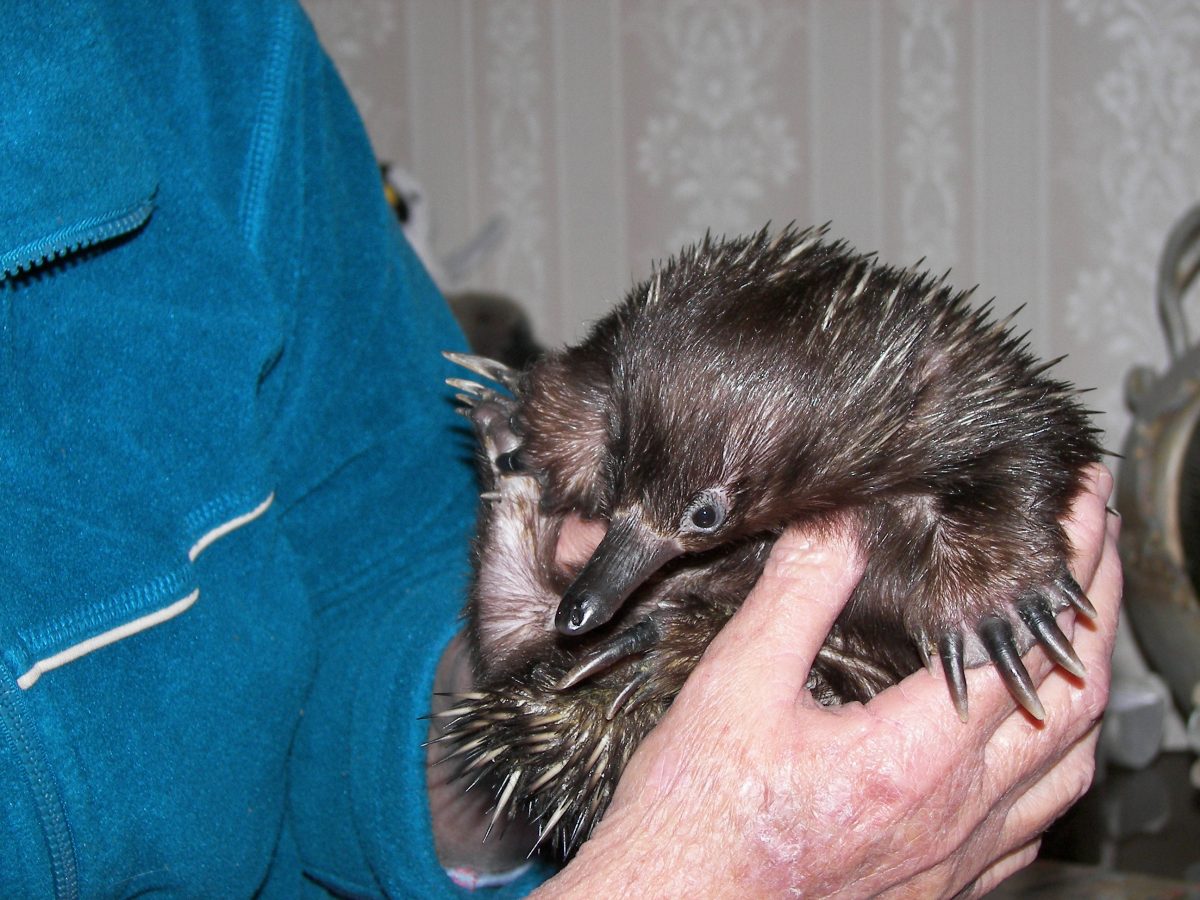Emergency Rescue Advice
Each year, Hunter Wildlife Rescue receives thousands of calls from members of the public who have come across a native animal that is injured, dead or in distress. The next steps taken can make all the difference to the animals’ future. It’s important work that Members of the Public perform when they decide to help an animal, and it is greatly appreciated by the entire community.
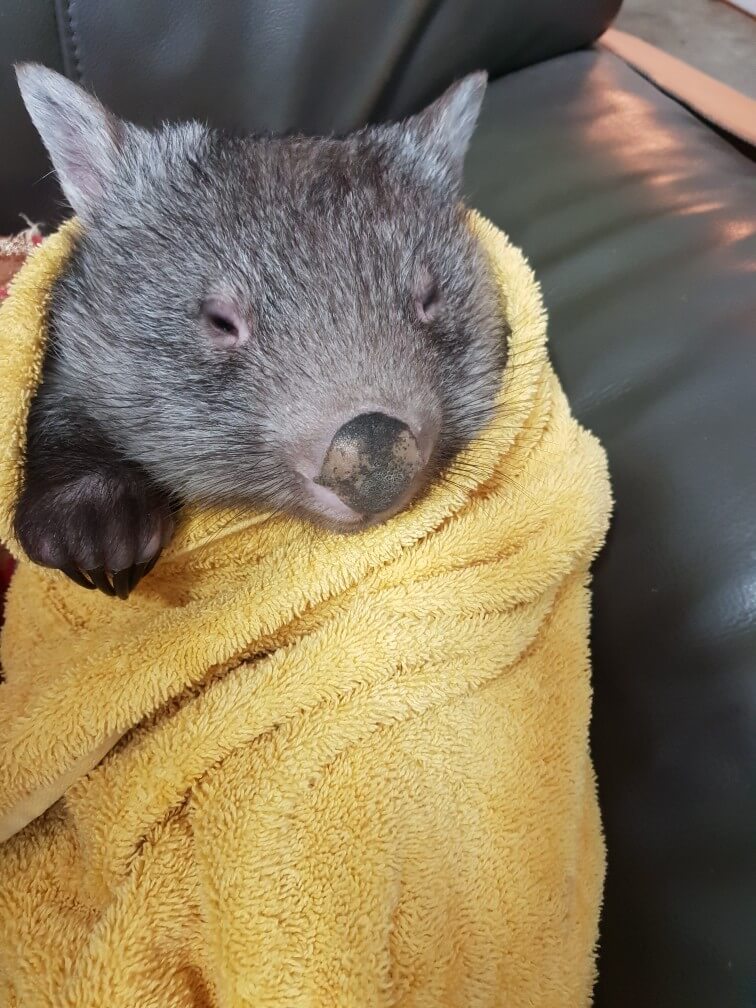
Personal Safety First
Always be careful when approaching a native animal, particularly when it is injured.
Dangerous species
Do not approach dangerous animals such as snakes, goannas, bats of any kind, kangaroos or eagles, falcons or hawks. These animals are all extremely dangerous, could cause you serious injury and must be rescued by trained wildlife rescuers. If you are unsure of the species please check the information and images below. If you are still not sure, please call 0418 628 483.
Road Safety
Animals on the road present a serious danger to your personal safety. If you feel it is safe to enter the roadway, always carefully assess the surroundings and have someone watch for oncoming traffic. If the animal is dangerous, or the situation hazardous, watch the animal from a safe distance whilst calling 0418 628 483.
First Aid
Wild animals can carry diseases harmful to humans. If bitten, scratched or injured by any wild animal, seek medical advice.
Rescue Tips
-
Danger: Ensure the safety of the animal so that it will not sustain further injury. Depending on circumstances, this may involve removing cats and dogs from the area, removing an animal from a road, putting it in a box or placing a clothes wash basket turned upside down over it.
-
Feeding: Do not feed food or water to the animal unless following advice given by an experienced person. The phone operators will offer you advice when you call.
-
Secure: Wrap it in a towel or blanket and place it in an escape-proof container with air holes; place the container in a quiet, dark place. In cool weather, warmth can be provided by putting warm water (NOT hot) in a plastic bottle and wrapping it in a tea towel.
-
Visit a vet: If the animal is injured and it is practical to do so, take it to the vet nearest to you. Vets rarely charge for attending to a native animal in need.
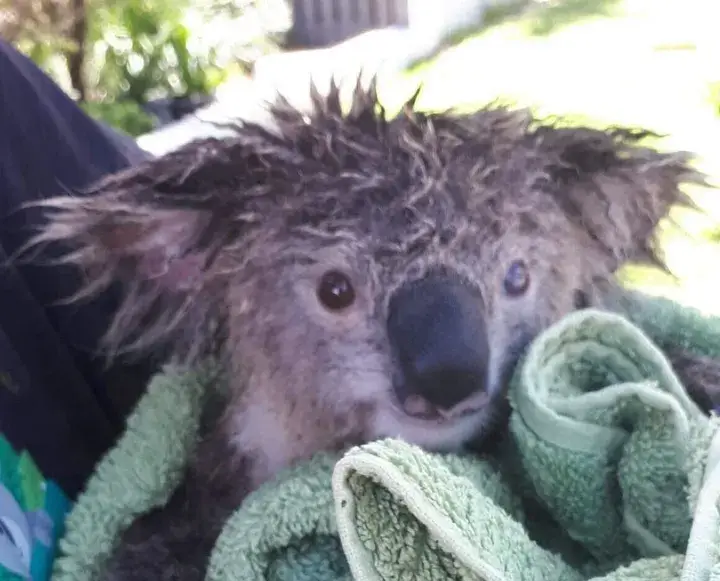
Koalas
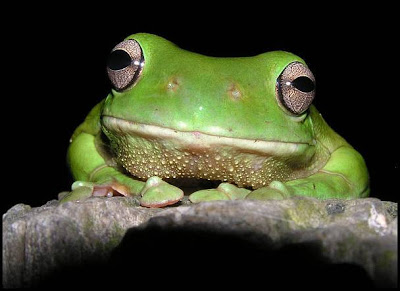
Frogs
The details are important
-
Who, what, when and where: When reporting a rescue please indicate the precise location the animal was found. Describe any surrounding buildings or geographic features. GPS coordinates from Google Maps can be used.
-
Why: The details help us find the animal when we attend the rescue. Additionally, many native animals are very territorial and it is critical that we release them where they were found to ensure their best chance of survival.
-
Pass it on: If you have contained an animal such as a bird, and are able to take it to a vet, please ensure that the vet records the exact location where the animal was found as well as the circumstances of it’s distress (ie. being attacked by other birds, had leg stuck in wall, seen with wing dragging on the ground etc.).
What to do if it’s too late
Sometimes it’s too late to save the animal and you find it has died, but there are still some things you can do to ensure no other animals are affected:
-
Move it: Carnivorous animals eat roadkill and thereby put themselves at risk of being hit by cars. If it is safe to do so, remove the animal from the roadway and drag it well away from the roadside.
-
Pouch check: Wombats, kangaroos, wallabies and possums all have ‘pouch young’. See our Pouch Checking Guide for information on how to check for pouch babies on a dead mother.
-
X marks the spot: If you have spray paint available, paint an ‘X’ across the body of the deceased animal. This lets others know the body has been checked for pouch young.
-
Plant a flag: If it is not possible to wait until a rescuer arrives, mark the spot with coloured tape, a plastic shopping bag tied to a tree or post, or any easily seen flag – and inform the phone operator of what to look for.
